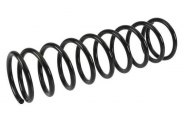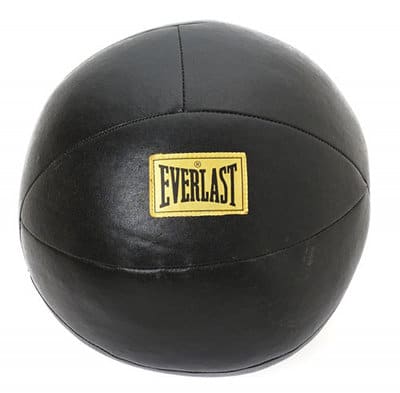rusty wrote: Do you entirely question the existence of the repulsion principle? That would be a new twist I'd need to go and figure out indeed.
Rusty,
I don't think Hoi nor anyone here is questioning the existence of what you call the 'repulsion principle' ( I call it 'recoil force' / or 'recoil effect' - but please correct me if this is not what you mean by 'repulsion principle').
See, my feeling is that it's precisely the other way round: it is the NASA 'apollogists' (who defend the strange idea that rockets "actually move BETTER in a vacuum") who seem to be the ones who - absurdly enough - 'deny the existence' of the surrounding air and its predominant role in making a rocket move. Predominant? Well - if you at least agree that rockets are ALSO propelled by pushing on the surrounding air (and not ONLY by 'recoil effect') - should we not start calculating the relative action-reaction
RATIO of these two forces? Has anyone done this before?
Also, may I call "friction" (for the purpose of this discussion) the force that the compressed air in a water rocket applies on the surrounding air? Surely, if you just suspend (upside-down, with a string) an uncompressed soda bottle in a vacuum chamber - and remove the tap - the bottle won't be propelled upwards by the "recoil effect" alone of the soda exiting the bottle? The question is: would a
compressed soda bottle do so? But let us talk a little about "friction":
From Wickedpedia's "NEWTON'S LAWS" page:
"In swimming, a person interacts with the water, pushing the water backward, while the water simultaneously pushes the person forward—both the person and the water push against each other. The reaction forces account for the motion in these examples. These forces
depend on friction;
a person or car on ice, for example, may be unable to exert the action force to produce the needed reaction force"
http://en.wikipedia.org/wiki/Newton%27s ... _third_law
.
So I think what we all are debating here really breaks down to this (deceptively) simple - yet evasive - question: would not a car spinning its wheels on ice (and thus NOT moving forward) be equivalent to a rocket's frictionless thrust upon an empty (air-less) environment? The "recoil force" in this case would be the energy transmitted by the explosions inside the car's engine > to the car's wheels - yet the car would remain motionless. To be sure, NASA claims that the surrounding air has little (or NO?) role in propelling their rockets upwards. Is this not akin to saying that "the water surrounding a dolphin has little (or NO) role in propelling the dolphin forward"? Would a wiggling dolphin suspended from a ceiling-rail in a vacuum chamber move forward with the same, tremendous speed it can attain in water? Will it move at all?



